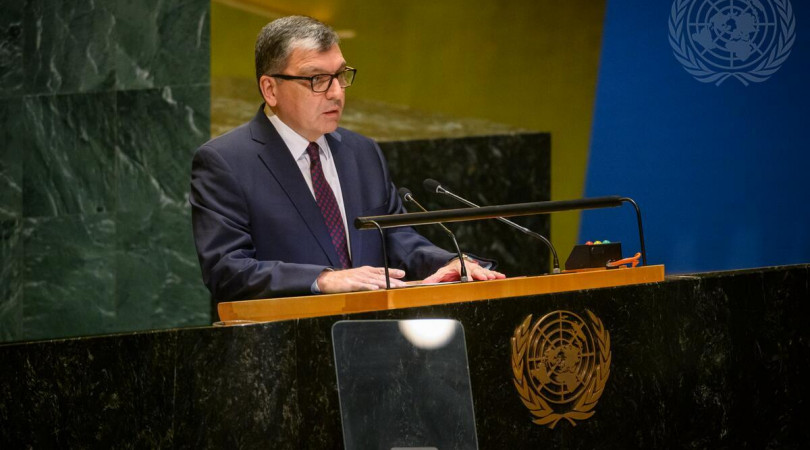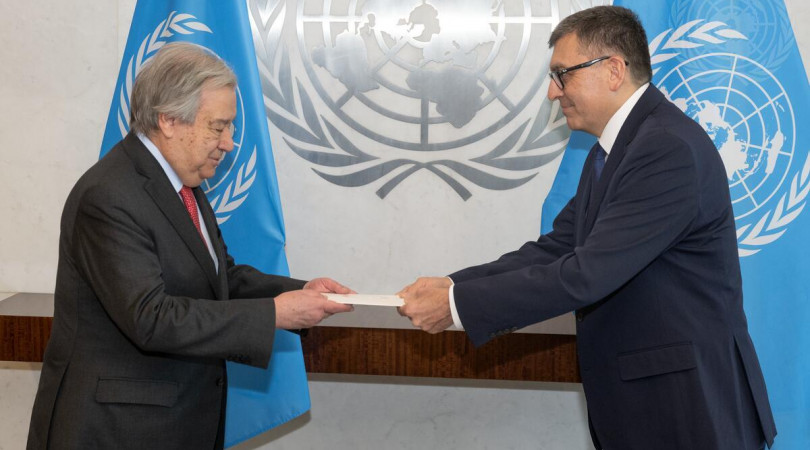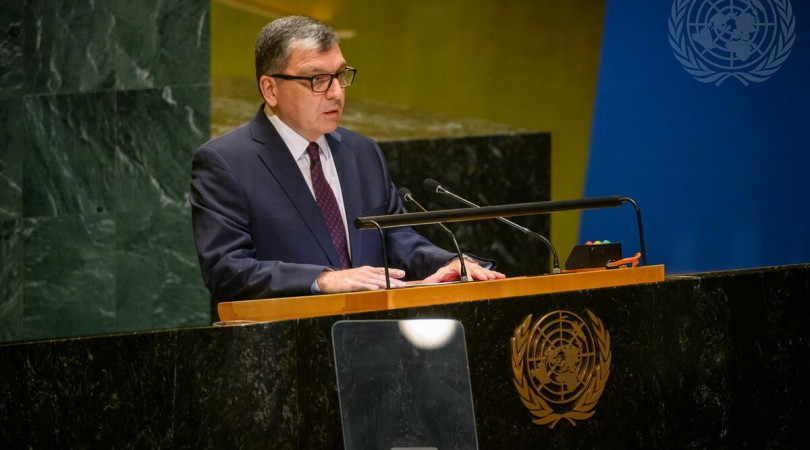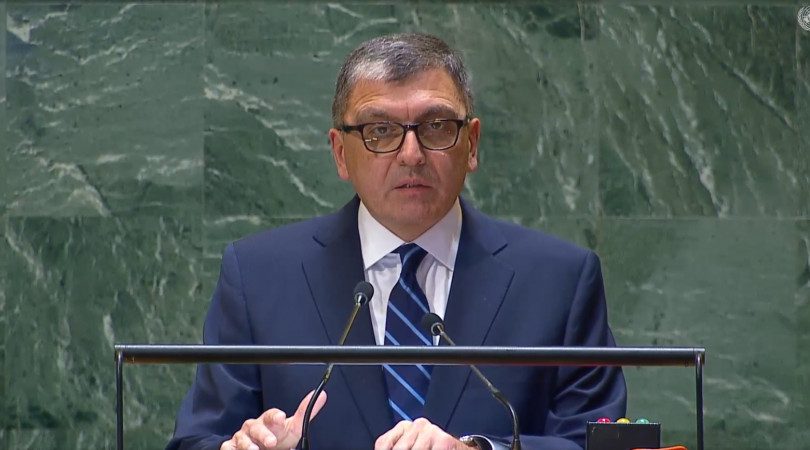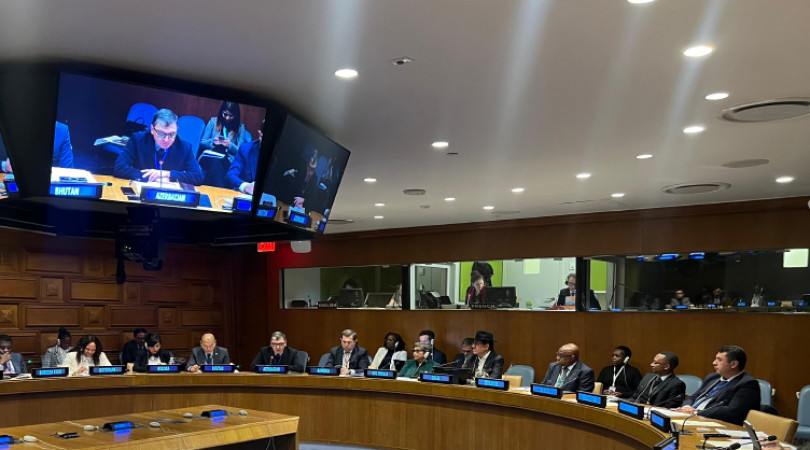2016-01-20
Twenty-sixth anniversary of the Black January
Twenty six years have passed since 20 January 1990, a date of both a horrible tragedy for and heroism of the people of Azerbaijan. That day opened a new page in the history of struggle of the people for independence while speeding up the collapse of the Soviet Union and the process of gaining freedom by other nations.
Late night of January 19, 1990, upon the order of the leadership of the Soviet Union, about 30000 Soviet troops using tanks and heavy armored military vehicles invaded Baku, capital of Azerbaijan, one of 15 constituent Soviet Republics. The Soviet Army was used not to repel a foreign aggression but to execute its own citizens. A large-scale military operation, aimed at targeting peaceful population was carried out by the special forces of the Ministry of Defense, Ministry of Interior and State Security Committee of the Soviet Union in order to silence the protesting population of Baku by violent dispersing peaceful demonstrations commenced as a strive for independence and against one-sided and biased policy pursued by the Soviet leadership on the Armenian-Azerbaijani conflict.
As a result of the bloodshed inflicted with unprecedented brutality, more than 130 civilians were killed, 700 people were wounded, 841 were illegally arrested and 5 disappeared. Not only peaceful demonstrators, but medical personnel and ambulances were targeted by the troops.
The tragedy of 20 January - crime against the people of Azerbaijan - was one of the bloodiest crimes perpetrated by totalitarianism during the twentieth century. It constituted a flagrant breach of the Constitutions of the former USSR and the Azerbaijan SSR. By sending troops to crush the civilian population, the Soviet government flouted international law, the UN Charter, Universal Declaration on Human Rights and the 1966 International Covenant on Civil and Political Rights of which it had been a party.
20 January 1990 had left deep and indelible trace in the memory of the people of Azerbaijan. January events are the testimony of not only condolence and tragedy, but of courage and honour of the Azerbaijani nation.
Today millions of people visit the Alley of Martyrs in Baku to pay tribute to the fallen heroes who sacrificed their lives for the sake of the independent Azerbaijan.
As a result of the bloodshed inflicted with unprecedented brutality, more than 130 civilians were killed, 700 people were wounded, 841 were illegally arrested and 5 disappeared. Not only peaceful demonstrators, but medical personnel and ambulances were targeted by the troops.
The tragedy of 20 January - crime against the people of Azerbaijan - was one of the bloodiest crimes perpetrated by totalitarianism during the twentieth century. It constituted a flagrant breach of the Constitutions of the former USSR and the Azerbaijan SSR. By sending troops to crush the civilian population, the Soviet government flouted international law, the UN Charter, Universal Declaration on Human Rights and the 1966 International Covenant on Civil and Political Rights of which it had been a party.
20 January 1990 had left deep and indelible trace in the memory of the people of Azerbaijan. January events are the testimony of not only condolence and tragedy, but of courage and honour of the Azerbaijani nation.
Today millions of people visit the Alley of Martyrs in Baku to pay tribute to the fallen heroes who sacrificed their lives for the sake of the independent Azerbaijan.

